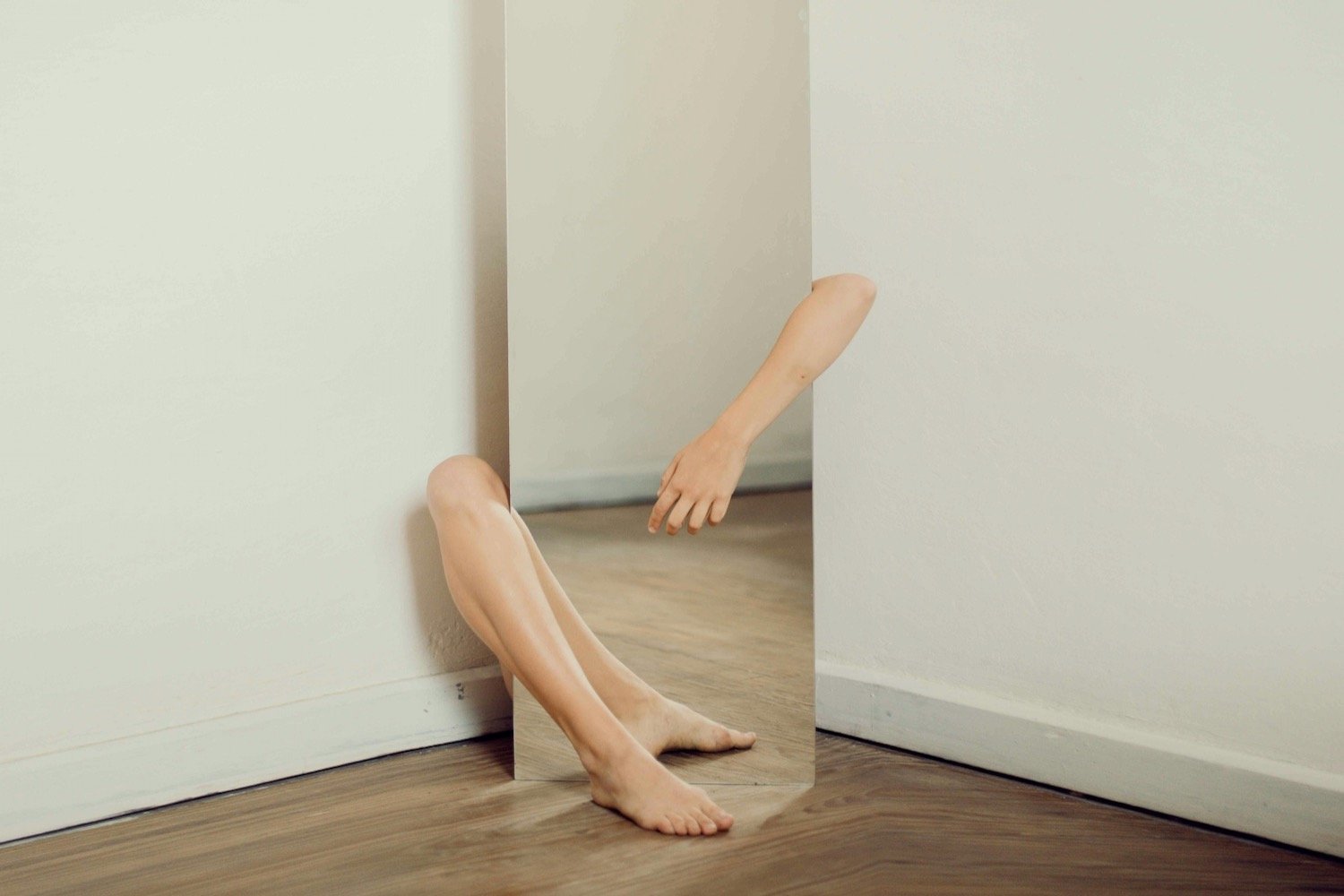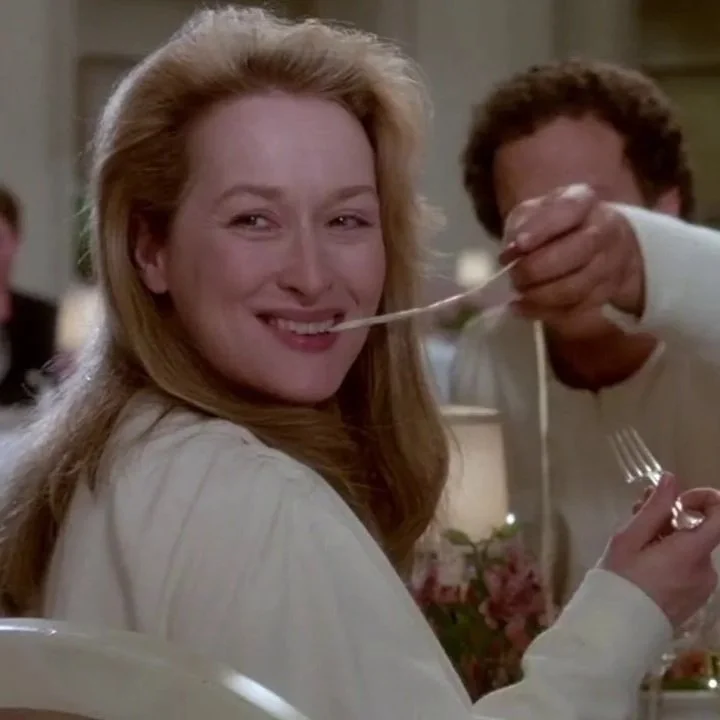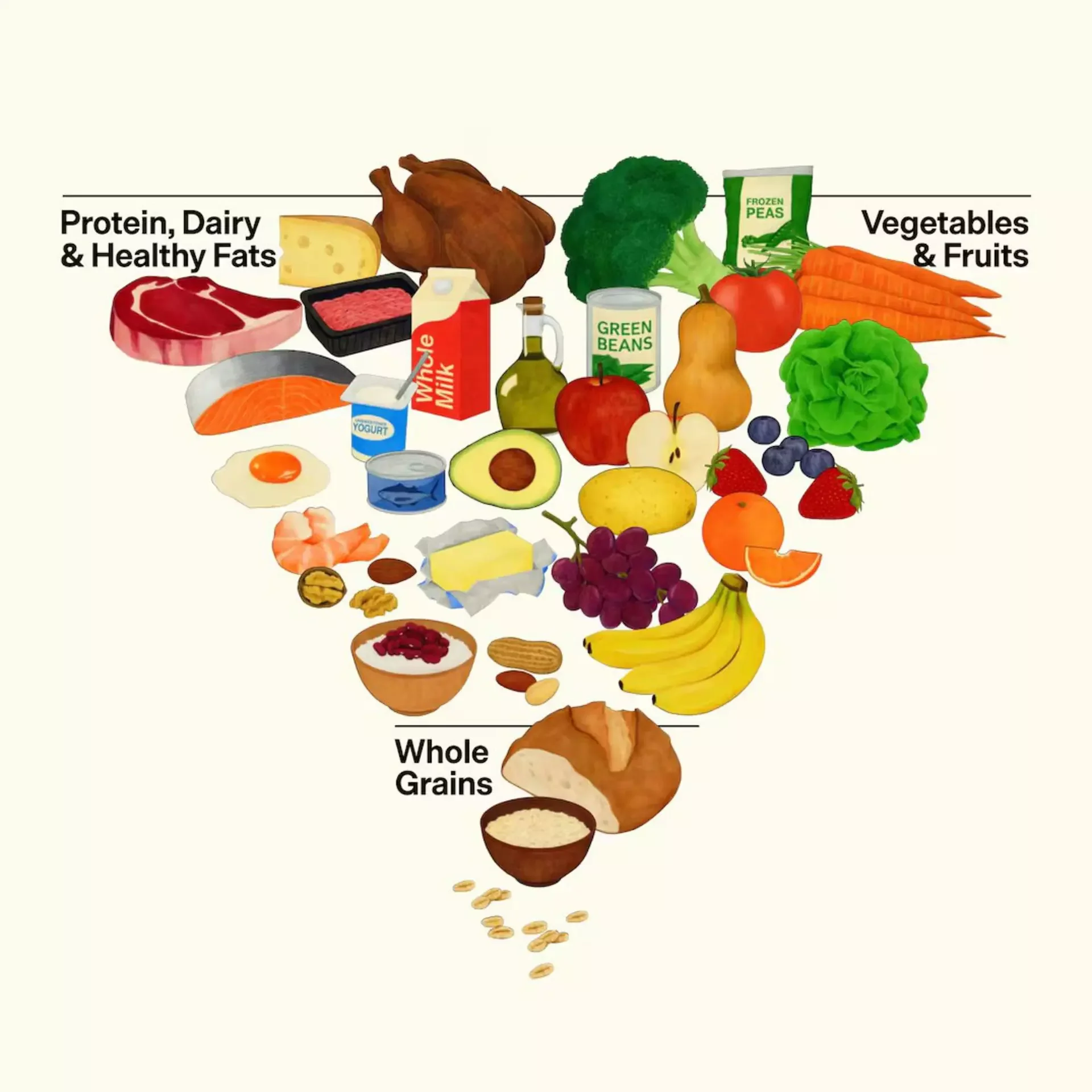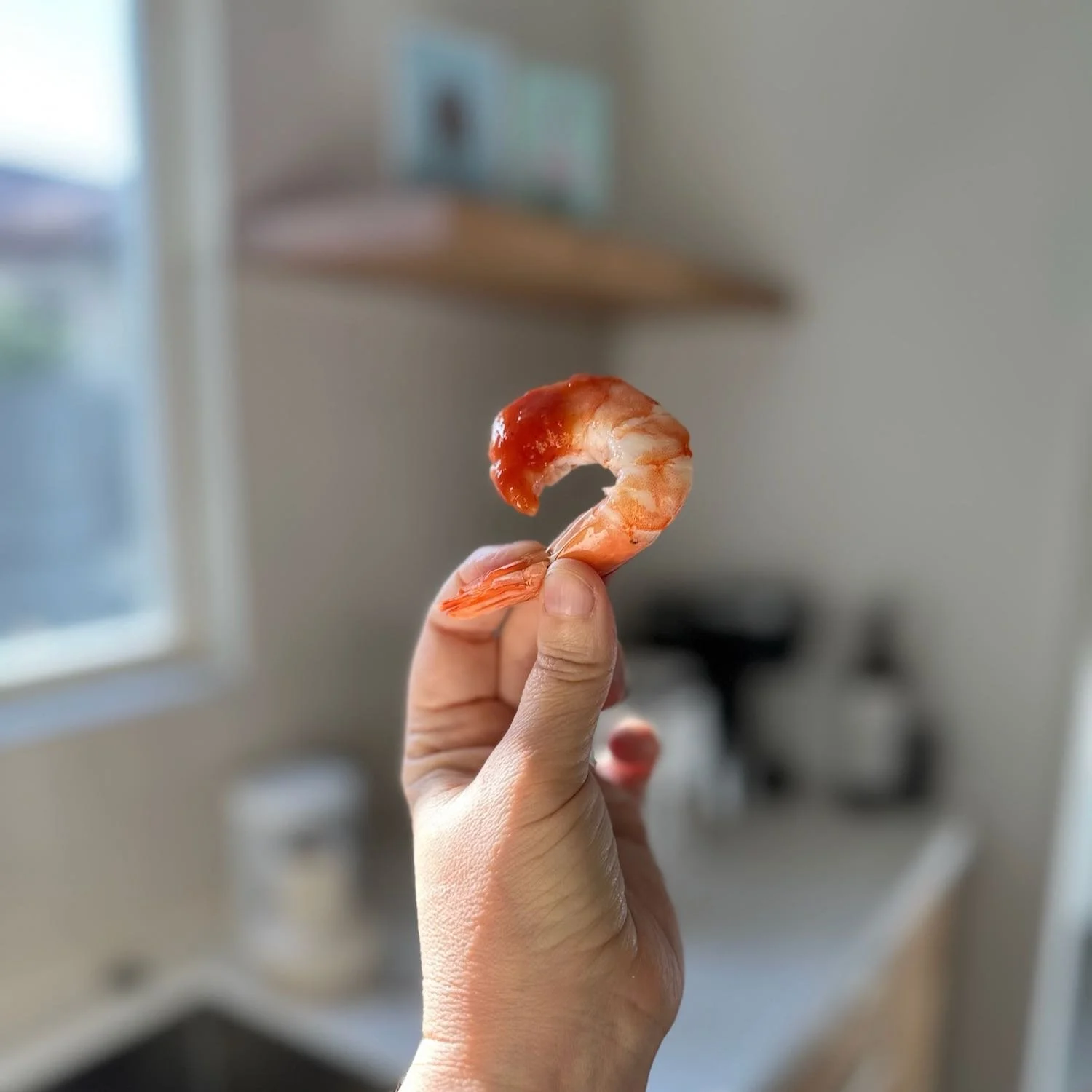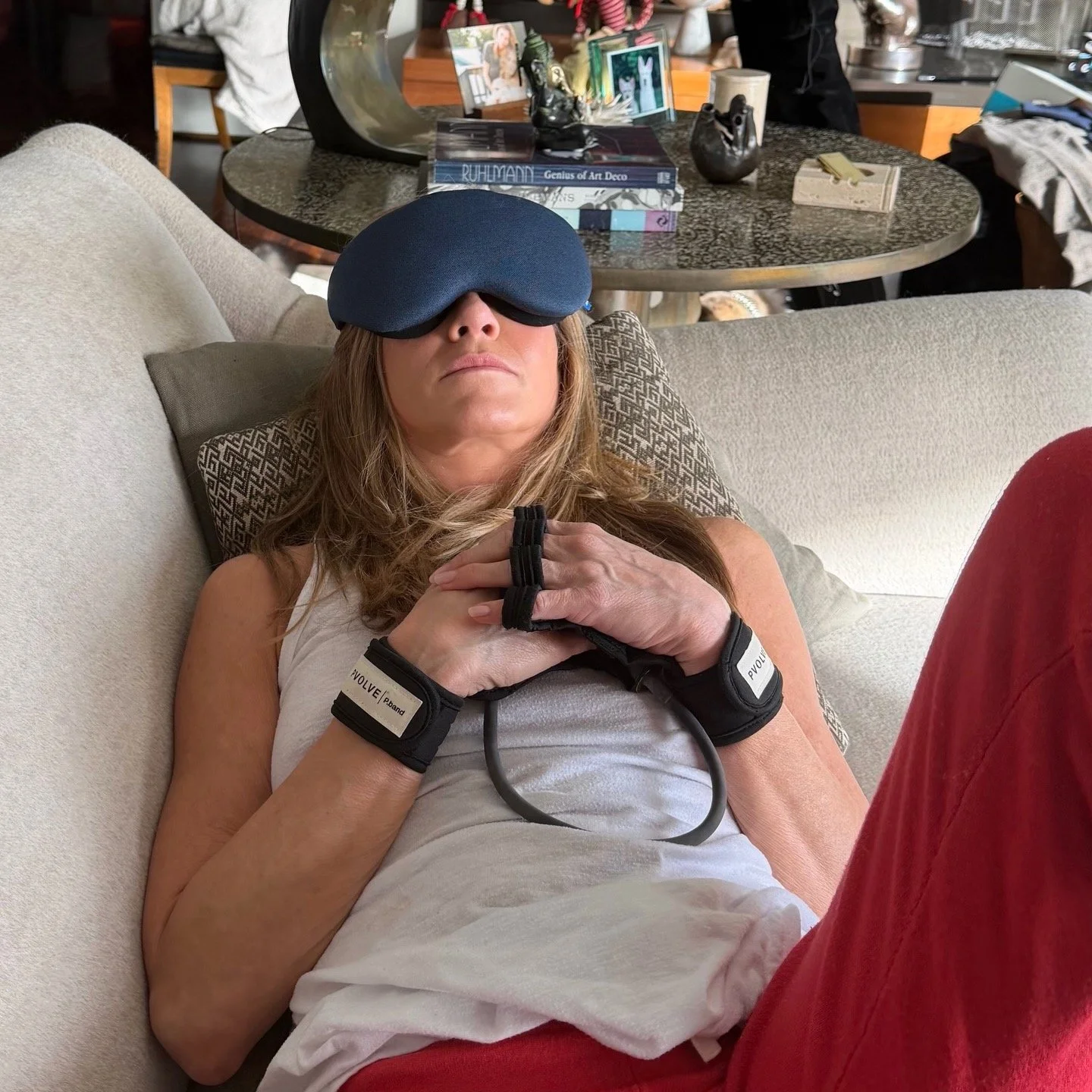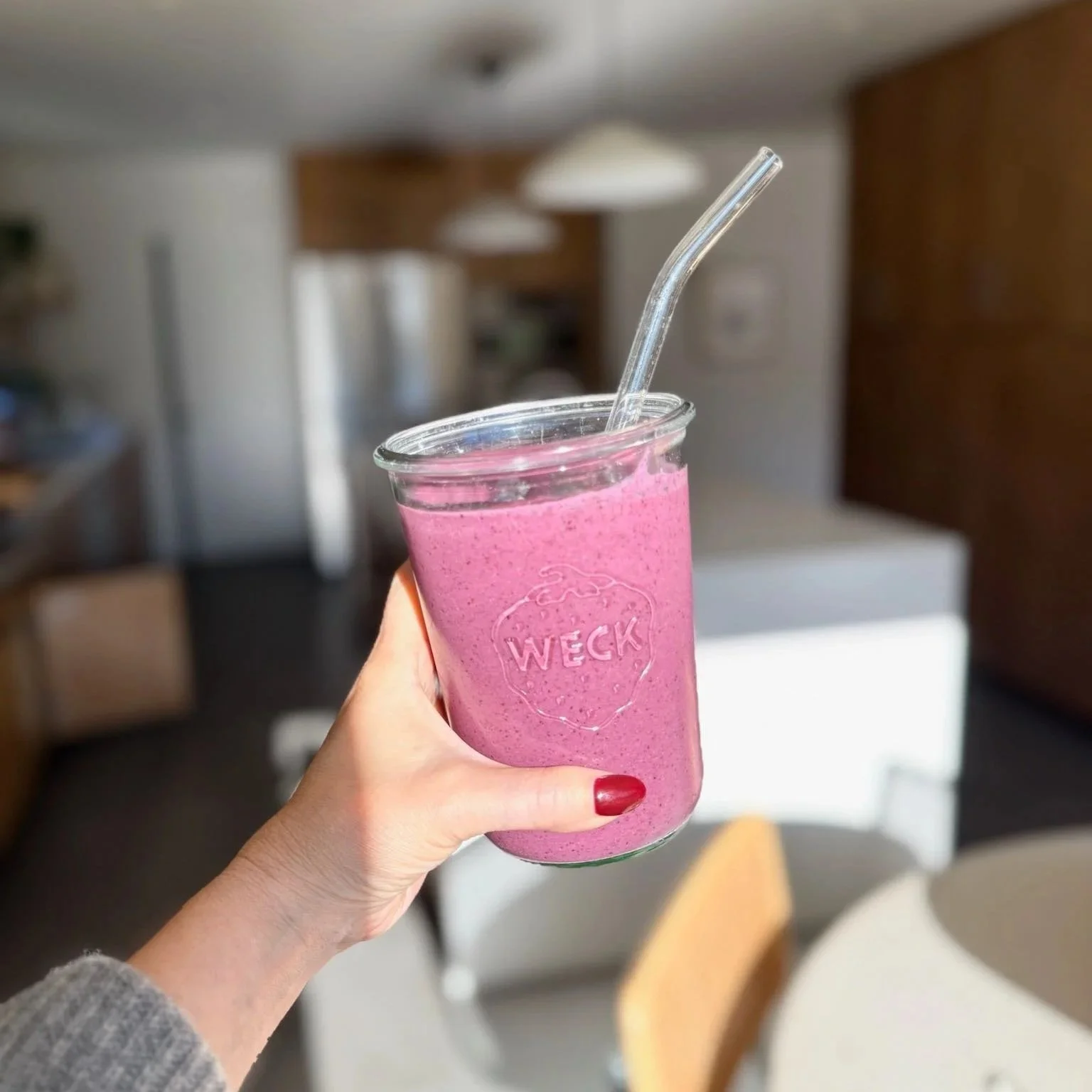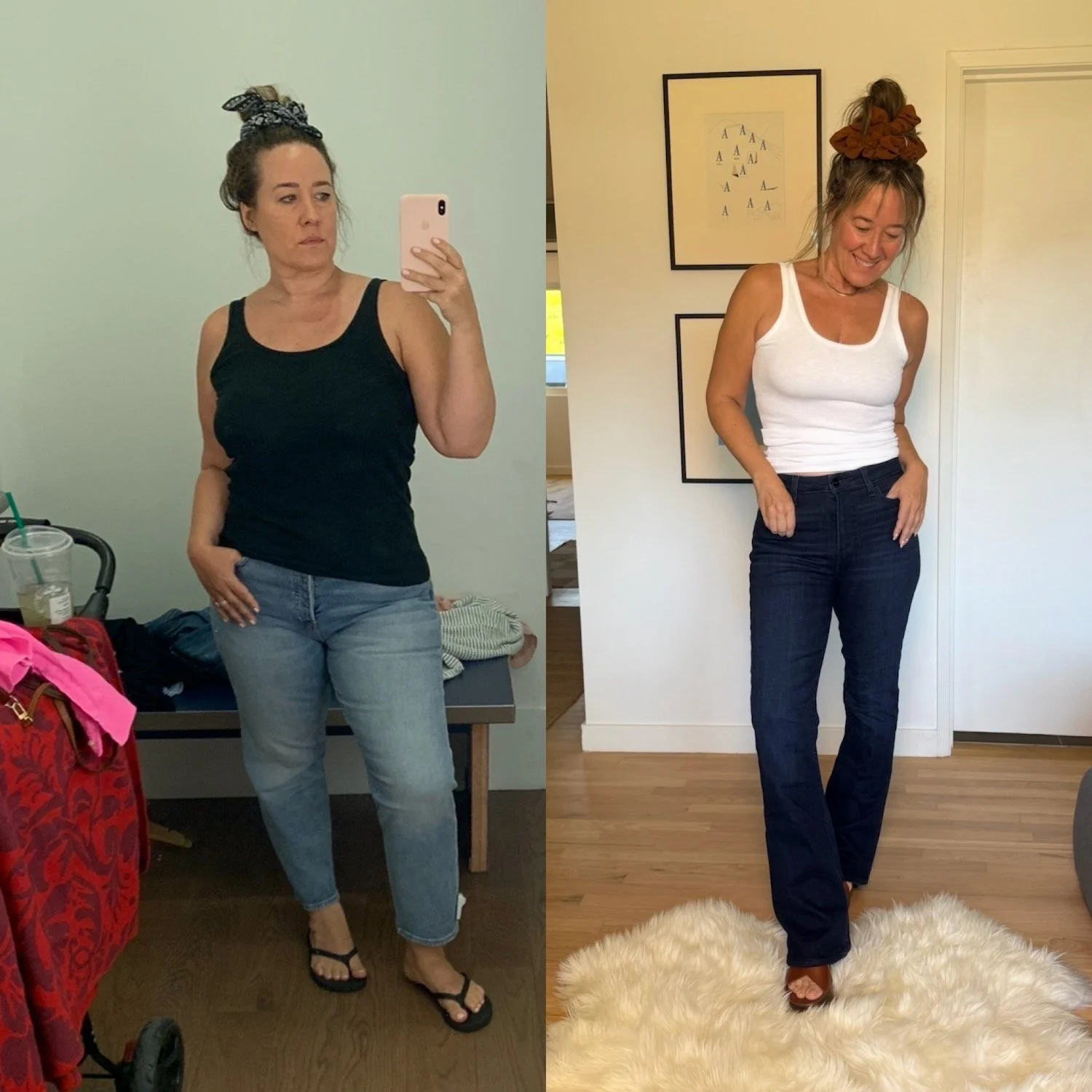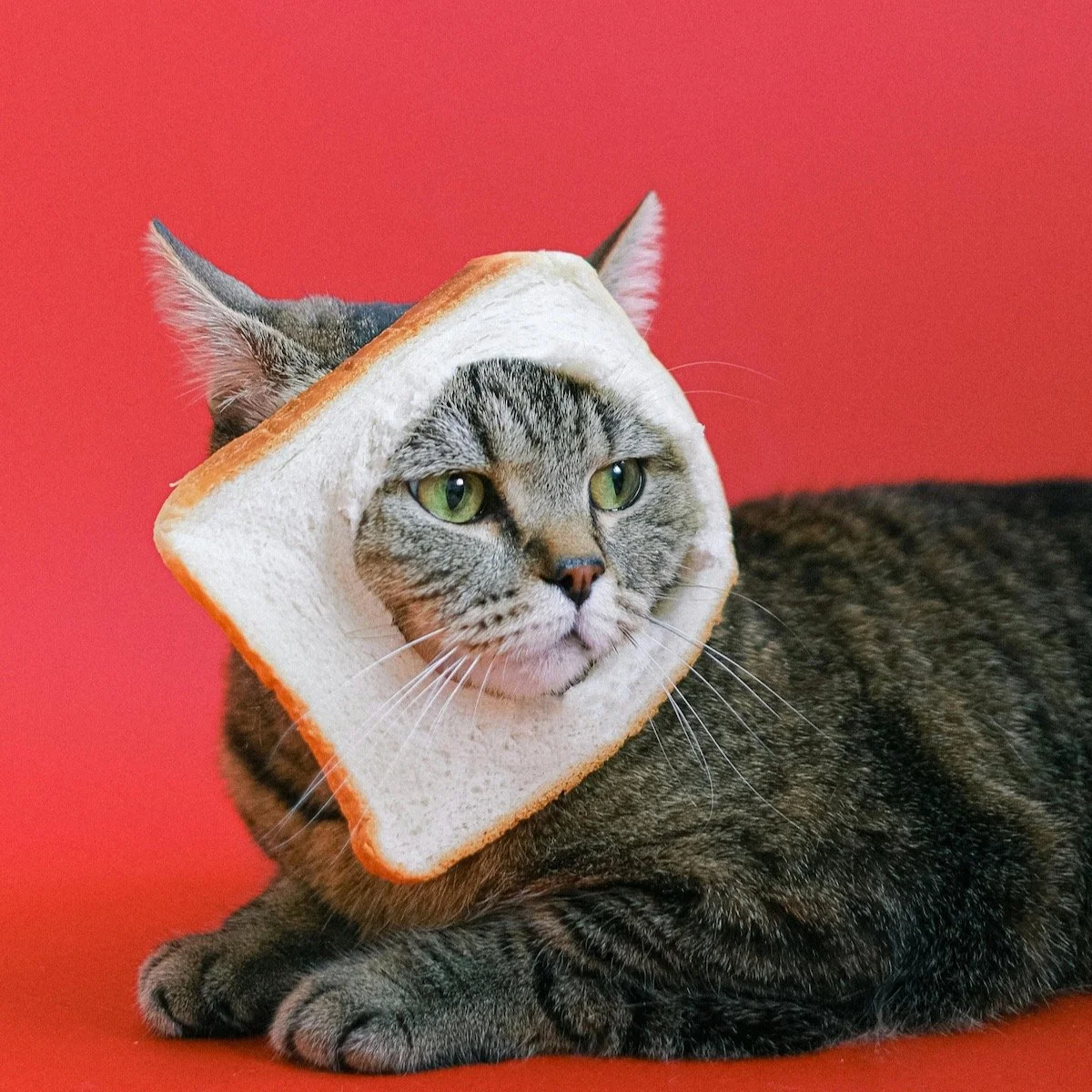10 Truly Horrifying Ways Your Body Is Sabotaging You After 40 That No One Is Writing About
Fun!
by The Candidly Team
Honestly by now, we’re kind of used to feeling betrayed by our bodies. Round once a month. Pretty much since we turned 14.
But the transitions that come with 40 just about blow 14 out of the water.
We wish we could go back to the era where our biggest problem was having to sushi roll our waist into a towel and dip our toes instead of swim, because our cousin’s pool party took place 4 months before we were brave enough to try a tampon.
But our 40s come with their own awkward, inner turmoils. And so much of it is just an outright pain in the ass.
So, we decided to air it out in the open. We’re all in the same boat, after all, and none of us want to be blindsided. Especially by our own bodies.
And since the best defense is a good offense, we’re shining light on 10 deeply unpleasant curveballs our body can throw at us after 40. Sorry, was that too many sports adages? Probably from all that new testosterone we have.
One note: we’re assuming if you’re here, that probably means you too are in or around your 40s and therefore, already, know that any of these symptoms MUST be talked about with your doctor in order to have a full picture of what’s sparking them in your own individual body as well as how to best address them.
Okee dokey, you ready for this? Let’s begin.
1. Your hunger signals can go haywire.
Surprise, our appetite and cravings can be affected by things like our hormones, lack of sleep, and mood, all of which can be thrown into limbo during peri-menopause and menopause. The hormones that tell your brain you’re hungry (Ghrelin) and that tell your brain you’ve eaten enough (Leptin) can also undergo changes, wrote Board Certified OBGYN Kyrin Dunston, M.D. Long story short, you might find yourself feeling hungrier or having more cravings.
To counterattack: According to board-certified Obstetrics and Gynecology specialist Dr. Mary Clare Haver ways to help control menopausal weight gain include:
Limit simple and refined carbs and added sugars
Eat satiating protein and healthy fats like omega-3s
Exercise regularly
Incorporate probiotics
Eat at least 25g of fiber (big one!)
Choose whole foods instead of processed
And (you’ll yawn when we say it) get enough sleep
2. Your hair can start to fall out.
We’re used to losing hair in the shower, but not in the same way we started to when we sailed into our 40s. There can be many reasons for it, so of course, talk to your doctor if it happens to you, but a big one is that the change in our hormone levels (estrogen especially ) can set off a pattern that leads to the thinning and weakening of our precious hair.
To counterattack: Obviously different causes are gonna command different treatments, and talking to your doctor is essential, but there are also a few things that can support healthy hair growth:
Eating healthy (revelatory, we know, but it’s true so we gotta say it)
Managing stress - but for real
Vitamins, we won’t get into specifics, only because what you take will very well depend on if and what you might be deficient in or not getting enough of from diet alone. That said, there are some supplement formulas out there, like Nutrafol, that you might consider (with the ok from your doc) as there certainly are those who’ve sworn by it.
We’ve personally seen great results in reducing shedding by using THIS organic hair growth serum you’ve probably seen all over the internet
You can chat with your MD about medication.
3. Your bladder stops listening to all logic.
Ugh, why oh why did we slough off idea of doing Kegels and pretty much forget that there were muscles in our pelvic floor all these years? Both our ability to completely control our bladder and the feeling like we have to pee more frequently can increase with age, often due to muscles weakening in the bladder.
You’re also more susceptible to UTIs at this stage, because a drop in estrogen can thin tissue in your vagina and urethra and weaken muscles, making it easier for harmful bacteria to make their move. At the same time, you have less healthy bacteria in the region to help you out. All this can set the stage for infection.
Little tidbit not necessarily age-related, but we just learned that pink mold, which can grow in damp environments like your bathroom can cause UTIs. Just good info to know.
To counterattack:
We did a dive into treating and preventing UTIs here, but here are some stand-out tips about maintaining bladder health after 40.
Pelvic floor exercises - yeah, yeah we’re back on Kegels. They’re important, people!
Physical therapy for your pelvic floor - it exists!
Hydration - here’s how to really hack it
Topical estrogen creams - not everyone knows about them, and they can sometimes assist with the UTI side of things.
Stay longer on the toilet to pee - No need to strain, just have patience. A doctor recently told us to sit a few seconds longer on the toilet after we think we’re done peeing, because often we haven’t completely emptied our bladders. Just another trick our over-40 mind likes to play on us. That scamp!
4. Your mood can start to mimic PMS.
Peri-menopause and menopause can be accompanied by increased symptoms of depression, anxiety, stress, fatigue, and more emotional intensity all-around. And not to make an enormous understatement, but it really, really is tough, and symptoms should be met with an enormous dose of self-compassion.
To counterattack:
We could write 27 articles addressing this singular question. But a few things not to ignore are:
Sleep - we sound like a broken record, but poor sleep is at the helm of so much of our misery.
Exercise - Even just brisk walking can be magic.
Omega 3s - One study showed omega 3s can help with depressive symptoms during menopause. Good for us anyway, so why not?
Find the calming practices, like meditation or breathwork, that work for you
Less caffeine, alcohol, and sugar - Please don’t shoot the messenger. These three could also trigger hot flashes so skipping them, though not always easy, can have a real, immediate, win-win kind of payoff.
5. You stop being “in the mood.”
We hear a lot about sex drive peaking later for women but it’s also true that our libido may dwindle and sex can even feel painful at times as we get older, in particular following menopause. Hormones are certainly a culprit, but one very recent study found an even bigger obstacle for midlife women: exhaustion. Women take on more and more at this stage in life, and that can take a toll on their level of desire.
To counterattack:
Sadly, we have yet to find a “solution” to the exhaustion gap women are experiencing, but here are 5 things to try if sex is painful for you and 13 things couples can do to keep having great sex over time.
Also, fascinatingly, some research has shown an anti-inflammatory diet can help increase sexual desire.
6. Your belly starts to stick out.
Even the pear shapes among us have noticed losing some of that nip in their waist after 40. This has to do with how our fat storage changes in midlife. When the fat we gain is visceral fat (the kind that collects around our organs), it can put us at higher risk for disease. So we’re not just being superficial when we talk about why we want to stay mindful about belly fat.
To counterattack:
Choose foods that are high in fiber, get more protein, and eat less sugar, said Jessica Shepherd, M.D. in an interview with Prevention.
Strength training, right along with cardio, is critical after 40, because we lose muscle mass, which causes our metabolism to take a hit. So, don’t think of it as just aesthetically adding muscle; it really assists with overall health.
7. You grow facial hair.
This can be another indication that our hormone levels are shifting and that we’ve specifically amped up on more of those male hormones. Facial hair in women can also be a symptom of PCOS.
To counterattack: There’s all the usual stuff like tweezing, waxing, and sugaring. People often say that electrolysis is the only permanent treatment to get rid of hairs, but laser hair removal can also be permanent after several sessions. But if you’re going to go either of the last two routes, you really, really have to vet the technician doing the treatment to reduce risk of scarring or other issues.
8. Your ears start to itch … a lot.
Yup, this is one of the more unexpected, and highly agitating, side effects of peri-menopause and menopause. Lower estrogen can cause dryness in other places apparently.
To counterattack:
Talk to your doctor about what remedy is healthiest for you. But here is one little trick from Dr. Haver:
9. Your brain feels foggier.
We hate when an article we’re reading just sends us to another article for answers. But this is an important topic, and if you wanna brush up in more depth, go HERE. The bottom line is; brain fog can be a very real symptom of menopause and perimenopause.
To counterattack:
A study published in Neurology found that people who strictly followed a diet “rich in fruits, vegetables, whole grains and healthy fats such as olive oil — had fewer beta-amyloid deposits in their brains (a harbinger of Alzheimer’s) than those who did not,” according to reporting by AARP.
The National Council on Aging also recommends leading an active lifestyle, avoiding smoking, limiting alcohol, and “keeping your brain well exercised.” Does reading this article count?
Lastly before we leave you to go pluck our latest chin hair, we’ll share something Dr. Haver shared with us. She calls it a sort of menopause toolkit to fight back against all the hormonal changes that we experience during this transitory time. Here’s what it consists of:
Anti-inflammatory nutrition
Adequate sleep
Practicing mindfulness or other stress-reducing activities
Regular exercise
Potential pharmacology like menopause hormone therapy
Finding community
At the very least, we hope this article has helped you with that last one.
This article is for informational purposes only. It is not intended to be used in place of professional advice, medical treatment, or professional care in any way. This article is not intended to be and should not be a substitute for professional care, advice or treatment. Please consult with your physician or healthcare provider before changing any health regimen. This article is not intended to diagnose, treat, or prevent disease of any kind. Read our Terms & Conditions and Privacy Policy.
At The Candidly, we try a lot of stuff so you don’t have to. We only recommend things we truly love, and that we think you’ll love, too. All products are chosen independently by our creative team, and all details reflect the price and availability of products at the time of publication. If you buy something we link to, The Candidly may earn a commission.
We have to eat.

